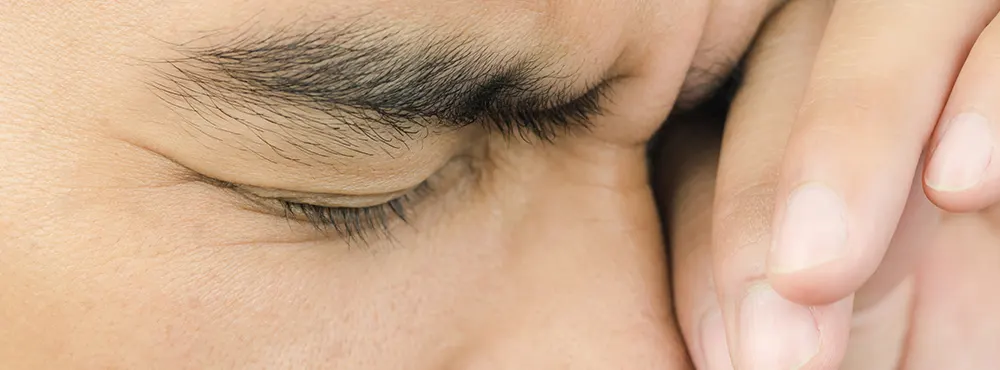Medical treatments
Medical treatment options will depend on the cause of the itchy eyelashes and your doctor will diagnose your symptoms before providing treatment.
They may look at allergens in your everyday products or environment and you may even be given a patch test for allergic substances. This test introduces various allergens to your skin to see which ones you react to.
Your doctor may perform a swab test of your eyelid if they suspect blepharitis. The swab will then be analysed in a laboratory for allergens and bacteria.
If you have bacterial conjunctivitis, your doctor may prescribe you antibiotic eye drops.
Disclaimer: The advice in this article is for informational purposes only and does not replace medical care or an in-person check-up. Please check with an eyecare professional before purchasing any products or remedies. For information on our article review process, please refer to our Editorial Policy.

 Offers
Offers Account
Account
 Favorite
Favorite
 Basket
Basket

 OFFERS
OFFERS
















